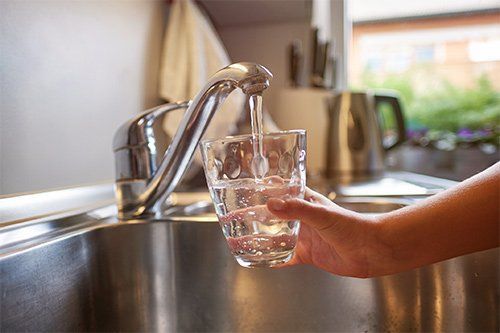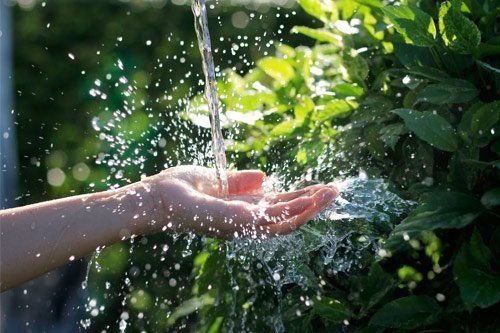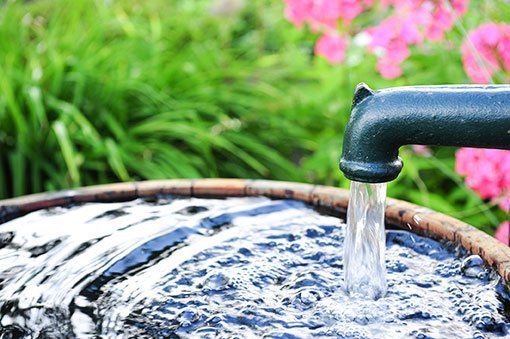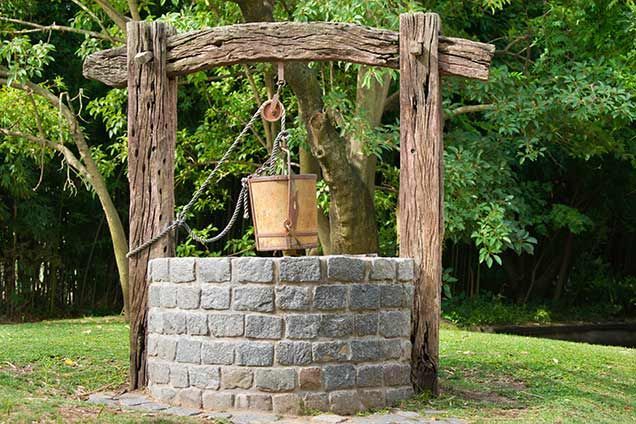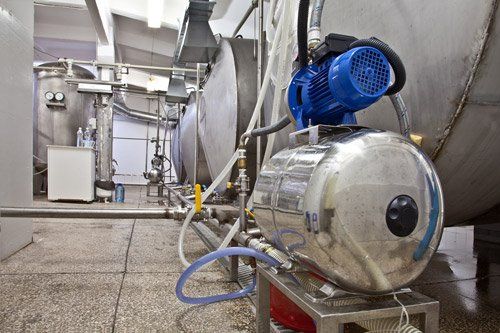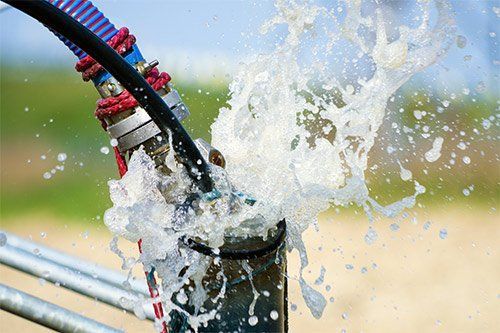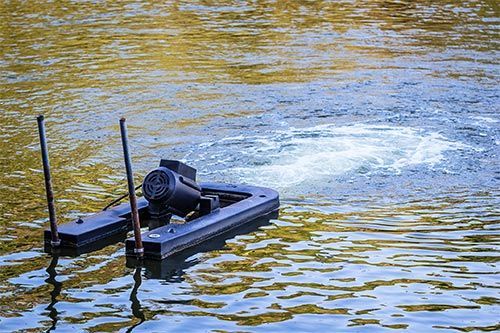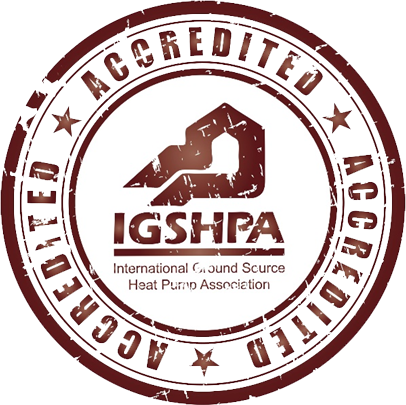Water Well Inspections and Tests
April 14, 2018
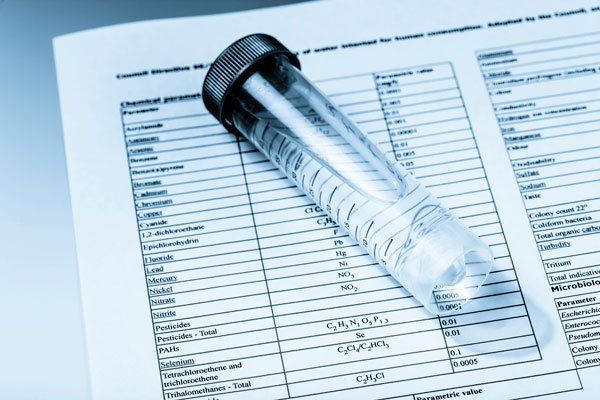
If you have a home served by a private water well or plan to buy one, you are in good company. In fact, according to information provided by the United States Environmental Protection Agency (EPA), more than 15 million homes are currently served by private water wells. Homeowners who have this type of water supply typically enjoy years of access to safe water without the monthly water bills, boil orders, and regulations that often accompany many public water supplies.
But owning and managing your own private water well system is not something to take lightly. Instead, homeowners must take the risk of contamination, mechanical failure, and other potential problems seriously. Scheduling inspections and tests are just one way in which homeowners can more effectively manage these risks and help to ensure that their water supply will continue to be abundant, safe, and efficient. Learn more about these tests and a few times you should be sure to have these tests done.
Water Well System Inspections and Water Testing
When performed by a trained, licensed inspector or installer, the water well inspection process can provide an excellent assessment of the water well and the components that make up the system, including the pump, pressure tank, controls, and piping. However, these inspections differ from a water test for contaminants. Homeowners should know when to consider having each type of test performed.
A water test is often available through county health departments or certified testing facilities. In some areas, a certified technician will collect the sample. In others, prospective buyers may be required to obtain sample collection kits and then send the sample off to an approved lab for testing.
The most common water tests measure the level of contaminants like E. coli and coliforms, both of which are capable of causing serious illness in humans and animals. In addition, most samples are also screened for volatile organic compounds (VOCs), nitrate, and pH levels. If any of these are found to exceed safe parameters, some type of sanitization process, such as shocking the well, or the addition of a filtration or purification device, may be needed to ensure the water is safe to drink.
Inspections and Testing When Buying a Home
Before finalizing the purchase of any home served by a private water well, have both a well inspection and water test performed. The water well system inspection will help determine any component issues that could be costly to repair or renovate. The water test will ensure that the water is safe to consume.
By making sure to utilize the inspection contingency in any offer made on a home, buyers will be able to include a water test and well inspection, along with the standard home inspection or any other inspections they need or want. Buyers will, however, need to be prepared to order these inspections from certified inspectors and testing agencies and pay for them.
System Inspections After a Direct Lightning Strike
Lightning strikes can cause extensive damage to the electrical components of the well, including the pump and the control box, as well as shorting out wires and outlets. Oddly, the damage may not be readily apparent and the well may continue to function for few days or even a few weeks after the strike occurs.
By having the system inspected for evidence of the strike, homeowners may be able to avoid a complete well failure and reduce the scope and cost of the repairs. Well inspections performed after a lightning strike may show evidence of charred or melted wires and connections, damaged components, or reduced voltage readings that can indicate a looming system failure.
In addition to those mentioned, water well systems and certified water tests should also be performed after flooding, storm damage, or periods of long inactivity. Home buyers or owners who would like additional information about water wells, including water quality issues, can contact Henry Drilling
and speak with one of our friendly professionals.

